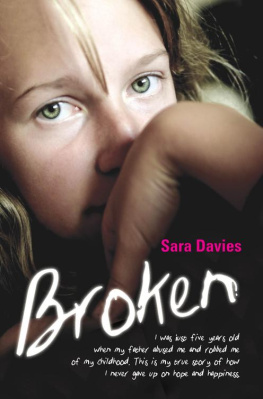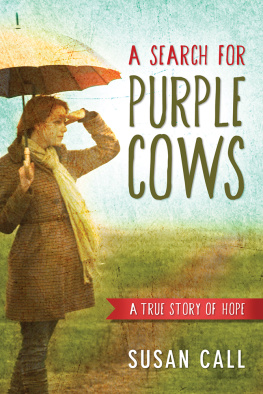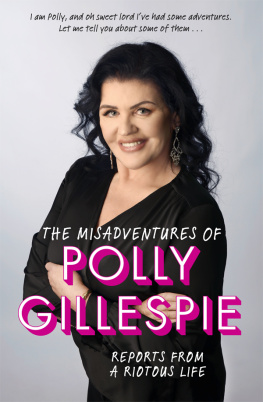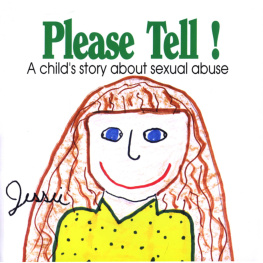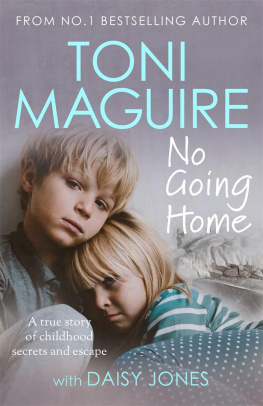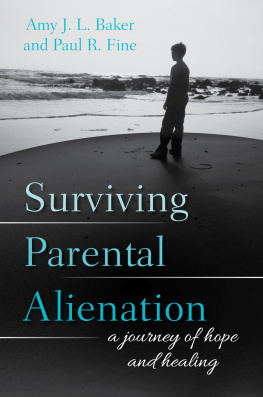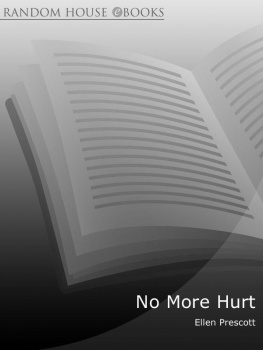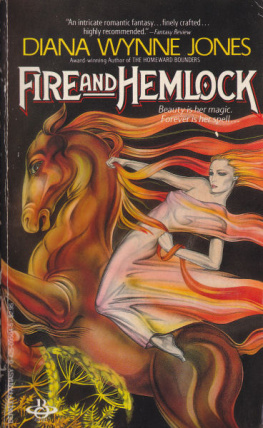DOCTORED
Polly A. Magena
Copyright 2018 Polly A. Magena
The moral right of the author has been asserted.
Apart from any fair dealing for the purposes of research or private study,
or criticism or review, as permitted under the Copyright, Designs and Patents
Act 1988, this publication may only be reproduced, stored or transmitted, in
any form or by any means, with the prior permission in writing of the
publishers, or in the case of reprographic reproduction in accordance with
the terms of licences issued by the Copyright Licensing Agency. Enquiries
concerning reproduction outside those terms should be sent to the publishers.
All names and identifying details in the memoir have
been changed to protect the privacy of individuals.
All royalties from the book are donated to a charity working with survivors of abuse.
Dr X featured in the story was acquitted by the medical court.
Matador
9 Priory Business Park,
Wistow Road, Kibworth Beauchamp,
Leicestershire. LE8 0RX
Tel: 0116 279 2299
Email: books@troubador.co.uk
Web: www.troubador.co.uk/matador
Twitter: @matadorbooks
ISBN 978 1788030 939
British Library Cataloguing in Publication Data.
A catalogue record for this book is available from the British Library.
Matador is an imprint of Troubador Publishing Ltd
To all survivors of trauma who live with courage each day.
For my two sons and their families who never leave
my heart and have taught me the true meaning of love.
For our Creator, who makes beautiful things.
A big thank you to my healers and teachers
who showed me the path to the rising moon!
Contents
Native American proverb:
Truth does not happen it just is.
1
Growing Up
Outwardly, we came across as a happy, professional family, clothed in typical middle-class values such as private education, polite behaviour and encouragement to enter professional careers once school was behind us.
My earliest recollection was when I was just the tender age of two. We lived rurally in the mountains where my parents always seemed to be knee-deep, digging drifts of thick snow from the front door in bitter winds blowing in from the wild Atlantic Ocean. They were both trained geologists.
That particular day I remember a tall woman entering our house wearing a smart, tweed skirt and carrying a navy-blue carrycot. I saw a small baby with a head of full, thick, dark hair looking blissful in her sleep. Beside the babys head on the pillow, was a lovely necklace made of mint-green beads. The woman bent down, retrieved it and gave it to me as a present from the new baby. Being a baby myself, I did not question where the infant had come from or why, just that it was wonderful to hold a pretty necklace. That precise moment, capturing the arrival of a baby, remains very vivid. Unfortunately I have no recollection about what happened after that one minute I was an only child, the next minute there was a baby sister.
We were both adopted from different biological families and it would be many years into the future before I could fully understand what this meant. As I was growing up in my primary school years, I recall feeling very annoyed that I didnt look like my sister or our parents. All my friends did resemble their siblings, so this made me feel alienated from everyone else. I could sense strongly that there was something different that set us apart from other families. However, I was too young to be able to put my finger on the explanation that would elude me for so long.
I must have been around three years of age when I bring to mind long, golden sunsets, ennobling the silhouetted figure of my father turning a big wheel across the playground. I think it was the generator supplying our electricity. Our milk was fetched in sturdy, metal bottle-shaped containers with handles at the sides.
When I was a toddler, my mother stayed at home, returning to work when I reached five. It is strange how our olfactory senses summon powerful memories: what drifts back to me from that time, is the sweet, biscuity smell of Farleys rusks and the stink of my sisters dirty nappies which my mother flushed out in the toilet. We must have had a black and white television in the house, because I can clearly review the Mom and Me programmes, especially the one with Teddy. What stands out is the fact that my mother did not watch with me at all I was alone, feeling sad when the female presenter with the maternal voice said goodbye to the young viewers. I thought the soothing voice sounded kind, experiencing a terrible feeling of real desolation when the show ended. Looking to the past, I now realize the remarkable irony of a show specifically intended for mothers and children viewing together as a cosy family unit, starkly contrasted with myself as a little girl left to watch in a motherless void. Little did I know then, in my natural innocence, that this would set a pattern for the rest of my life. My mother seemed to busy herself with more important things.
As I grew to school age, my mother explained, sitting on my bed one evening, that I was adopted I had come from another womans tummy, so that she was now my new mother. Her intention was well meant, but Im afraid my juvenile mind didnt understand this strange sequence of events. I simply could not comprehend why two mothers were involved: why on earth was I not kept with the first parent?
We were educated at private all-girl schools, the education bug continuing when we moved south where my adoptive father accepted the position of lecturer at a local university. My sister and I were very excited to find ourselves living in a large stone-built house with a beautiful big garden beside a forest. Towards the back of the lawn area, an orchard thrived, boasting apple, plum and damson trees which the two of us would later climb. The house had been empty for some time, allowing the grass to grow very tall, becoming a breeding ground for a myriad of daddy-longlegs. That first night, proudly settled in our separate bedrooms, we both spent time screeching in horror as dozens of the pesky insects danced persistently up and down the walls. In the end, our father had to come upstairs to patiently remove the creatures before we would dare climb into bed.
Dad was the more accessible parent. His warm personality was laid back, affectionate and funny. He was the eternal clown in the family and derived great pleasure impersonating an assortment of colourful characters in our community, leaving us reeling with laughter. He always had a twinkle in his eye as he roamed through life, seemingly without a care in the world. Dad didnt come across as worrying about anything, just going with the flow, enjoying life as it presented itself. He was very much involved with the community, happily organizing social events outside work hours. Being an extrovert, socializing came naturally to him he was well liked, a popular man at ease with most people and situations.
Music was an important part of our family life and one of my most cherished memories of dad is of him singing One Enchanted Evening from the hit musical, South Pacific (1958). The song is an enchanting one and he sang every note with such depth of feeling with his rich, baritone voice. He knew no shyness, bursting into song spontaneously wherever he happened to be, from the landing, to a chair in the dining room or the bathroom. The sitting room was only used if friends visited for tea. We would all automatically retire there following a meal in the dining room. I spent a lot of time alone in that room because I loved playing the piano, composing my own music or playing songs by ear. It was a beautiful instrument, a baby grand piano made of polished mahogany wood with smooth, cream keys. Apparently, from the age of three, I gravitated towards it, keen to get my small hands on the parts which would create magical sounds.


